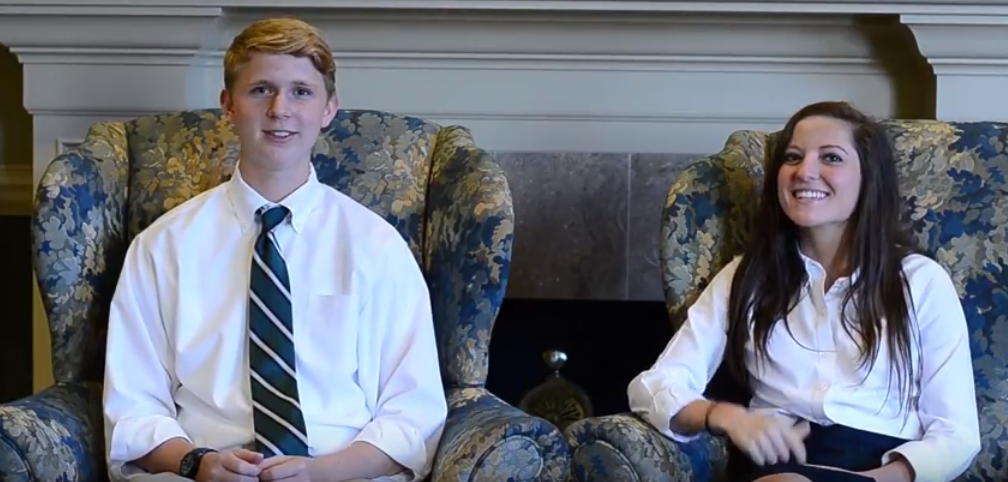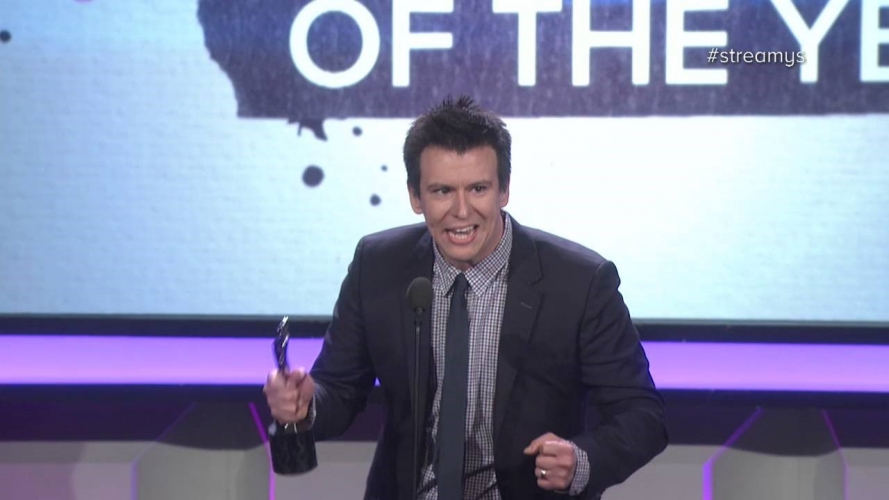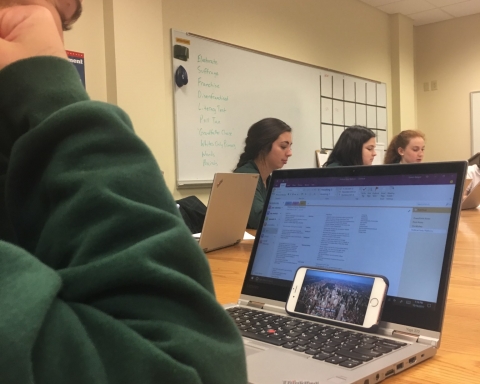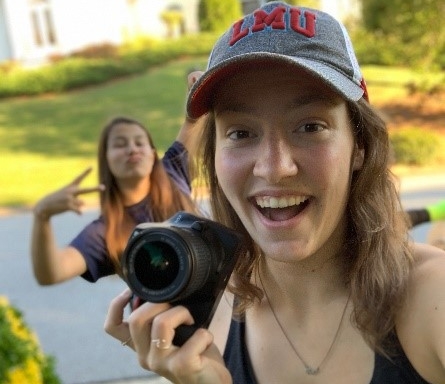Over the last decade, the world has seen the entertainment industry radically depart from the exclusive, elitist industry it once was. The increasing popularity and ubiquitousness of the Internet has completely changed the way users consume media. Today, there are so many different options available to anyone, either for free or for a low price, with the only stipulations being that an Internet connection is required and that you might have to sit through a few ads.
In the last few years, numerous new streaming services for music or video have emerged. While many of these fail and shut down within a few years of creation, the few who do succeed excel. Some of the most popular video streaming services include Netflix, Hulu, Amazon Prime and more. These services have slowly started to overtake traditional cable media and have evolved from recycling old TV series to creating their own award-winning movies and television shows. In fact, of the 33 primary Emmy Awards given out last year 20 were awarded to shows produced by and exclusive to streaming services.
Cable companies are quickly losing customers and some of their more consistent programs, such as the NFL, are dropping in popularity. According to SportsIllustrated.com, the viewership for Sunday Night Football dropped to an average of about 15 million viewers per game since 2015. This is the lowest it has been in the last decade.
Many Wesleyan students and teachers have moved toward consuming more independent media lately. This includes platforms like SoundCloud, YouTube and Twitch. Junior Griffin Massey considers himself an avid indie rap enthusiast. He “listen[s] to Soundcloud pretty much every day.” He said that he likes SoundCloud so much more because of how “different it is from the mainstream services” and how “there [are] well-known artists that make good music that don’t get enough attention.” Some of Massey’s favorite artists include NAV, Trippie Redd and Pollari.
Band teacher Jeff Foster prefers video streaming over traditional cable because it is “way cheaper and more convenient” than cable and because he “can watch wherever he is.” He has completely made the transfer to streaming and does not even have a cable subscription. Some of his favorite programs are “Breaking Bad,” “Shameless,” “Black Mirror” and stand-up comedy specials.
One of the biggest allures of these new mediums is their accessibility. Many of the websites were created with the idea that anyone with a microphone or a camera and enough talent can get their name out there and make a career for themselves. This is contrary to how the traditional entertainment industry works. To succeed there, it is necessary to have prior connections, an abundance of luck and (in most cases) a watering down of the content you want to create to make it more commercially viable.
There are many different examples of people who have taken their talent and combined it with their Internet savvy to create a successful career for themselves. One of the most recent, and controversial, examples is the SoundCloud rapper, Gazzy Garcia, better known by his stage name, “Lil Pump.” Garcia is a 17 year old rapper from the Miami area who has gained a following due to his free-flowing, catchy music and his eccentric personality. His biggest hit, “Gucci Gang,” recently peaked at number three on Billboard’s top 100. Though he may not be the most classical or adept musician, there is no arguing that he knows how to use the Internet and manipulate it to his advantage.
One of the oldest and most respected creators on YouTube is Philip DeFranco. DeFranco was one of the first large creators on the site, dating back to 2006, and has remained one ever since. On his primary channel alone, DeFranco has amassed over two billion total channel views largely thanks to his unbiased reporting and his ability to appear genuine to his audience. DeFranco has used his popularity, charisma and business knowledge to start three different companies, two of which he would later sell to the digital side of the Discovery Channel. DeFranco continues to be one of the most viewed and popular channels thanks to his ability to learn and adapt to the everchanging YouTube algorithm.
Due to its accessibility and intuitive design, many Wesleyan students have taken to creating online content of their own, whether it be videos, songs or more. Junior Harrison Larner runs a YouTube channel called “Slice of Sports.” On this channel, he discusses a variety of sports-related topics, including interviews, analysis and sports-related jokes. He started the channel the summer before ninth grade so that he could “practice broadcasting because that’s what he wants to do for a career.” Larner stated that his main goal for the channel was “to get better at broadcasting and see how much he’s improved.”
Senior Watson Copeland is an avid SoundCloud creator, going by the pseudonym “Wattyc_Dank.” Copeland created his first mixtape titled “When the Bando Goes Dankrupt,” on a cold, winter afternoon his sophomore year “in an attempt to provide heat during that frigid winter.” While he only has two songs currently, “You Can Take the Man Out of the Street, but You Can’t Take the Street out of the Man” and the aforementioned “When the Bando goes Dankrupt,” he says that the “energies [of these two songs] really feed off of each other.”
Copeland chose SoundCloud because “it seemed like the perfect fit for [him].” He likes it because it “allows him to express himself as [he] please[s]” and “it was free.” As for the current status of his rap career, Copeland claims to just be “hangin’.” He has been considering the idea of remixing one of his old mixtapes or maybe even creating another one. He advised all the readers to “keep their ears to the ground; something awesome might be headed straight to your ears.”
One of the biggest allures of online content creation is the sense of lawlessness that comes along with it. These creators do not have any advertisers to please and no studios paying for their equipment, so they are free to create whatever content they want. The only rules that they have to abide by are the guidelines of whatever medium they choose to use. This varies from platform to platform, but the general consensus is that there is no graphic violence, nudity or explicit hate speech. While there are exceptions to this parameter, these are the rules that most mainstream websites abide by.
In March of 2017, an incident occurred that made people question how far this lawlessness can go and what someone is and is not allowed to say on the Internet. Felix Kjellberg, a.k.a. Pewdiepie (his channel name), is currently the highest subscribed channel on YouTube, sitting just above 60 million subscribers. He has held this title for quite a while and he does not seem to be slowing down any time soon.
Last spring, he published a video where he made an anti-Semitic joke for the irony of it and just to see how far he could push the envelope. Though there is far worse content on the website that is said in a serious and un-joking manner, many mainstream media outlets, the Wall Street Journal (WSJ) in particular, saw this as an opportunity to “expose” all YouTube creators and discredit the site as a valid entertainment and news option. This hit-piece from the WSJ blew up, and Kjellberg saw extreme backlash from it. He was dropped by Disney and from the YouTube preferred program which garnered him hundreds of thousands of extra views every month. However, due to the relationship that Kjellberg had cultivated with his audience, this did not slow him down at all. Much of his audience had been watching him for years and claimed that his comment was only meant as a joke. To this day, he continues to be the most popular channel on YouTube and makes well over $5 million each year.
The world is changing and industries need to learn to change with it. The entertainment industry was one of the first to really adopt the Internet and use it to its full potential. This shift to self-produced, independent content has allowed for an age of artistic freedom and self-expression the likes of which have never been seen before.









